Revolutionizing Healthcare: The Future of Patient Care with Eclinical Software
In an era where technology permeates every aspect of our lives, the healthcare industry is undergoing a significant transformation. Eclinical software is at the forefront of this revolution, offering innovative solutions that enhance patient care, streamline operations, and improve overall healthcare outcomes. As we delve into the future of patient care, it is essential to understand how eclinical software is reshaping the landscape of healthcare delivery.
What is Eclinical Software?
Eclinical software refers to a suite of digital tools designed to facilitate clinical processes, including electronic health records (EHR), practice management, and clinical trial management. These systems enable healthcare providers to manage patient information more efficiently, improve communication, and enhance the quality of care. The integration of eclinical software into healthcare practices not only allows for better data management but also supports healthcare professionals in making informed decisions in real-time.
Enhanced Patient Engagement
One of the most significant benefits of eclinical software is its ability to enhance patient engagement. Through patient portals, individuals can access their medical records, schedule appointments, and communicate with healthcare providers more conveniently. This level of engagement empowers patients to take charge of their health and fosters a collaborative relationship between patients and providers.
Moreover, eclinical software often includes educational resources and reminders for medication adherence, which can lead to better health outcomes. By keeping patients informed and involved in their care, healthcare providers can improve compliance with treatment plans and ultimately enhance the quality of care delivered.
Streamlined Workflow and Operational Efficiency
Healthcare facilities face numerous challenges related to operational efficiency, including time-consuming administrative tasks and paperwork. Eclinical software streamlines workflows by automating these processes, allowing healthcare professionals to focus more on patient care. For example, electronic documentation reduces the need for physical paperwork, minimizes errors, and ensures that patient information is readily accessible.
Additionally, eclinical software can optimize scheduling and billing processes, further enhancing operational efficiency. By reducing administrative burdens, healthcare providers can allocate more time to direct patient care, leading to improved patient satisfaction and outcomes.
Data-Driven Decision Making
The integration of eclinical software allows healthcare providers to harness the power of data analytics. With access to real-time data and reporting capabilities, providers can make informed decisions that lead to better patient care. For instance, by analyzing patient outcomes, healthcare professionals can identify trends and adjust treatment protocols accordingly.
Moreover, eclinical software facilitates the collection and analysis of large datasets, which can be instrumental in clinical research and public health initiatives. This data-driven approach enables healthcare organizations to improve their services, target specific health issues, and contribute to the advancement of medical knowledge.
Improved Telehealth Capabilities
The COVID-19 pandemic accelerated the adoption of telehealth services, and eclinical software has played a crucial role in this transition. By integrating telehealth functionalities, eclinical software enables healthcare providers to conduct virtual visits, ensuring continuity of care even during challenging times.
Telehealth not only expands access to healthcare for patients in remote areas but also offers convenience for those with mobility challenges. Eclinical software provides a seamless platform for virtual consultations, allowing healthcare providers to maintain high-quality interactions with patients while leveraging technology to overcome geographical barriers.
Enhanced Security and Compliance
With the increasing reliance on digital health records, the importance of data security and compliance with regulations like HIPAA cannot be overstated. Eclinical software is designed with robust security features to protect sensitive patient information from unauthorized access and data breaches. This includes encryption, access controls, and audit trails that ensure compliance with legal and ethical standards.
By prioritizing security, healthcare organizations can build trust with their patients, assuring them that their personal health information is safeguarded. This trust is essential for fostering open communication and encouraging patient participation in their own care.
The Future of Eclinical Software in Healthcare
The future of patient care with eclinical software looks promising, with continuous innovations on the horizon. Artificial intelligence (AI) and machine learning are expected to play a significant role in enhancing the capabilities of eclinical software. These technologies can assist in predictive analytics, allowing healthcare providers to anticipate patient needs and intervene proactively.
Furthermore, the integration of wearable technology and the Internet of Things (IoT) with eclinical software will enable real-time monitoring of patient health metrics, facilitating timely interventions. As healthcare continues to evolve, eclinical software will undoubtedly remain a critical component in the delivery of high-quality patient care.
Conclusion
In conclusion, eclinical software is revolutionizing healthcare by enhancing patient engagement, streamlining workflows, and facilitating data-driven decision-making. As we move toward a more technologically advanced future, the integration of eclinical software into healthcare practices will play a pivotal role in improving patient outcomes and transforming the overall landscape of patient care. Embracing these innovations is essential for healthcare organizations aiming to provide the best possible care in an ever-changing environment.
Explore

Teledentistry in 2025: Revolutionizing Oral Care for a Healthier Future
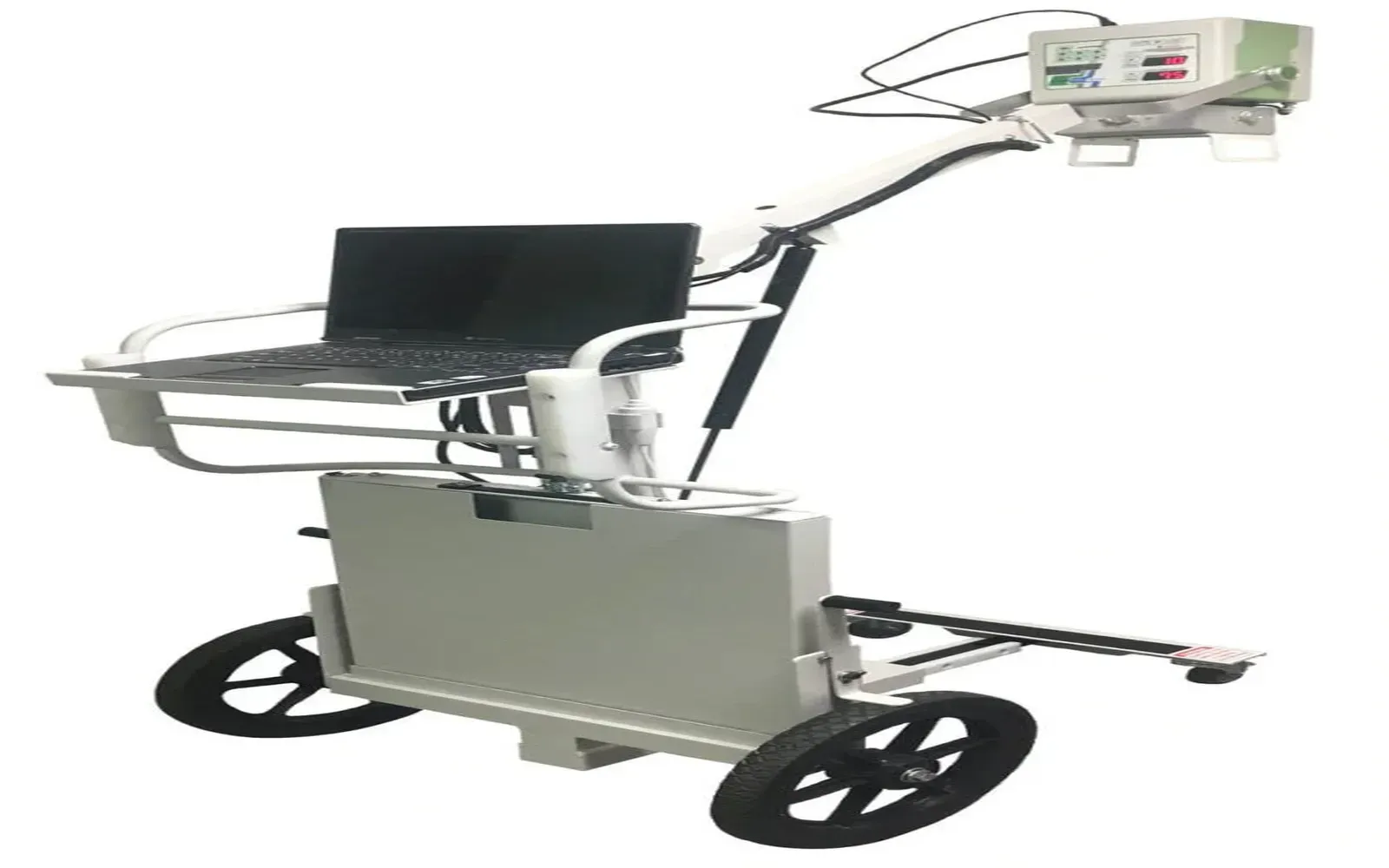
Revolutionizing Healthcare: The Power and Portability of Modern X-Ray Machines
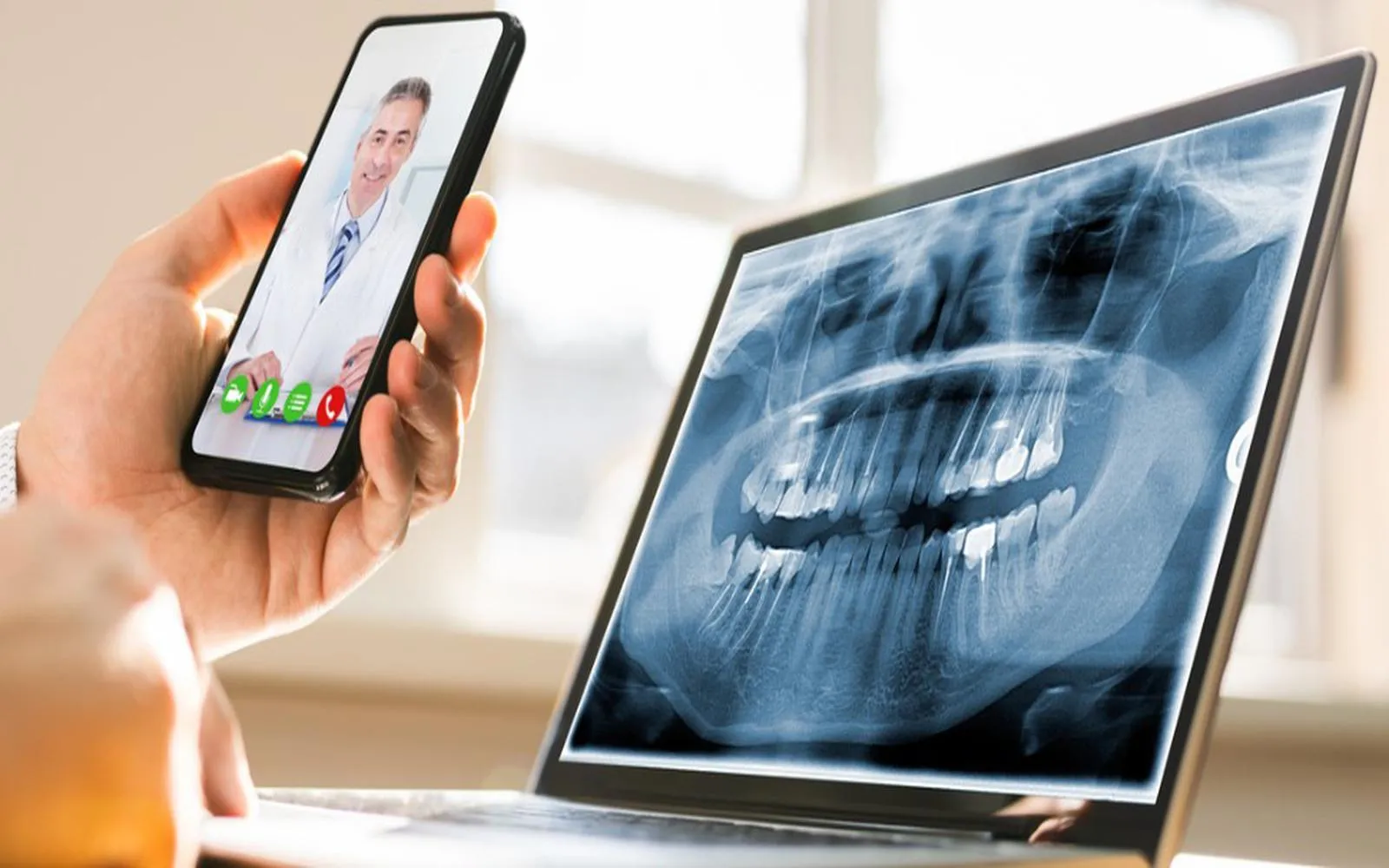
How Teledentistry Is Revolutionizing Dental Care

Humana Health 2025: Innovations and Trends Shaping the Future of Healthcare
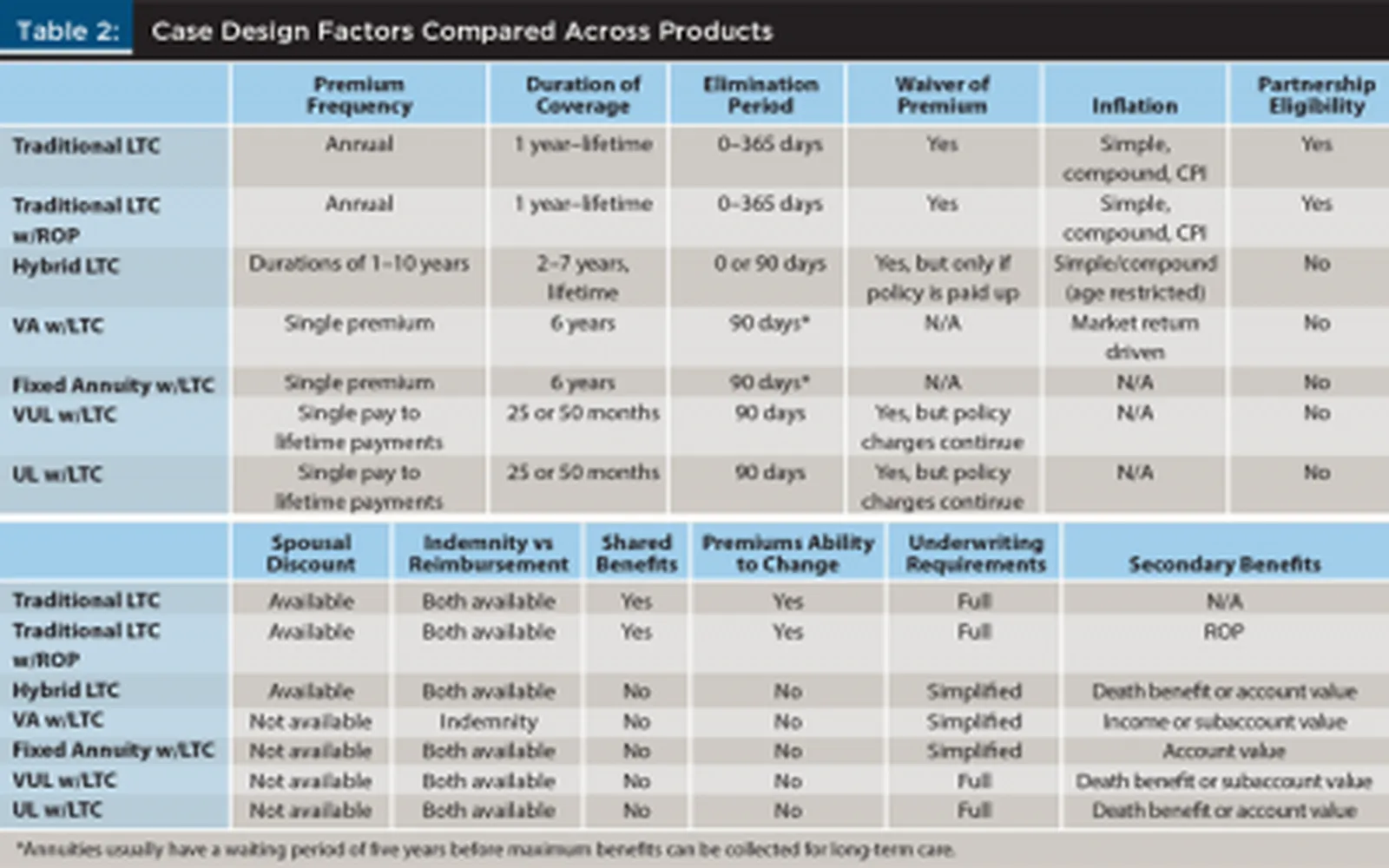
Top Long-Term Care Insurance Options for 2025: Secure Your Future Today
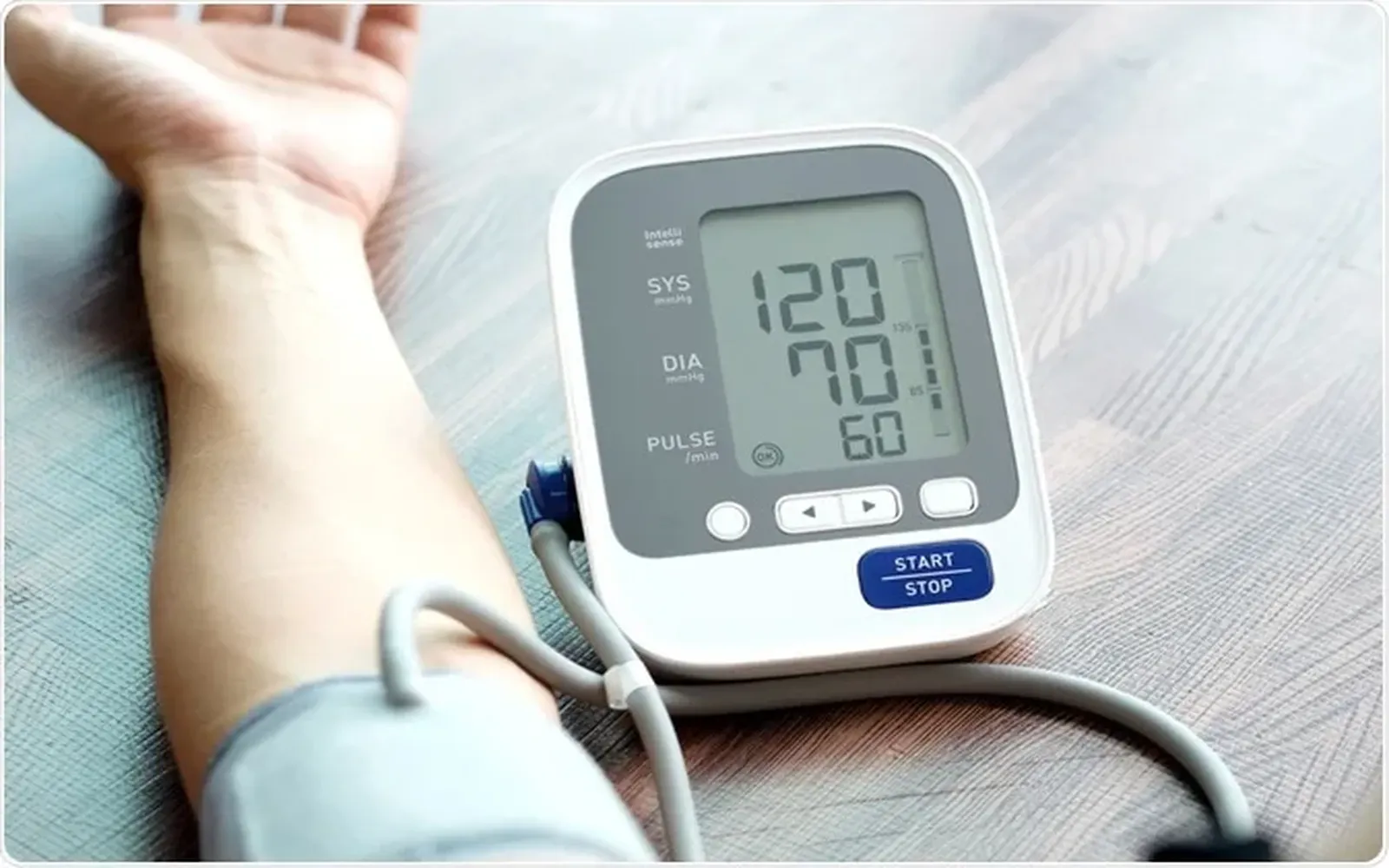
Empowering Health: The Future of Medical Support and Care

Revolutionizing Space Logistics: The Future of Commercial Resupply Services
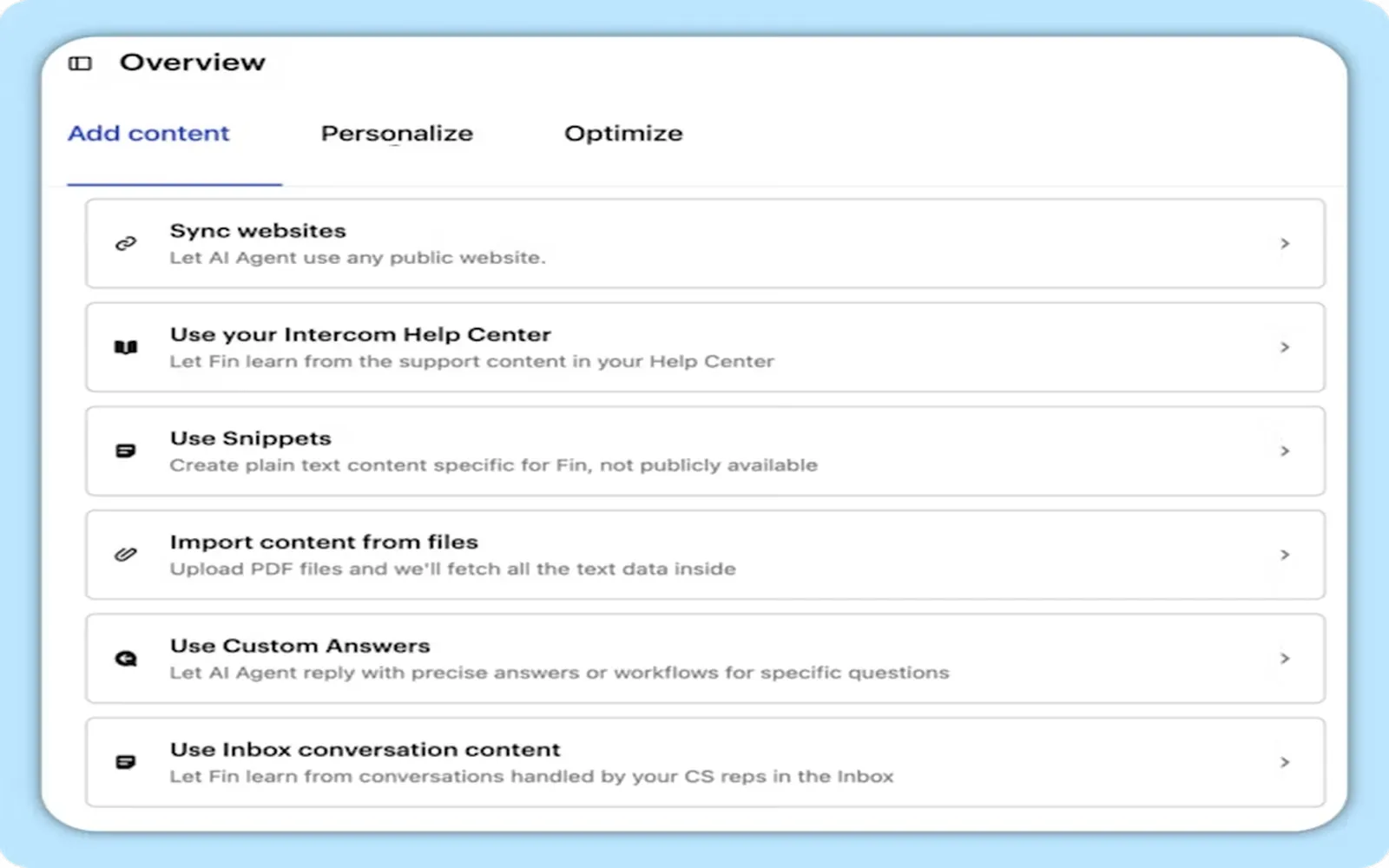
Top AI-Powered Customer Service Software of 2025: Revolutionizing Customer Experience
